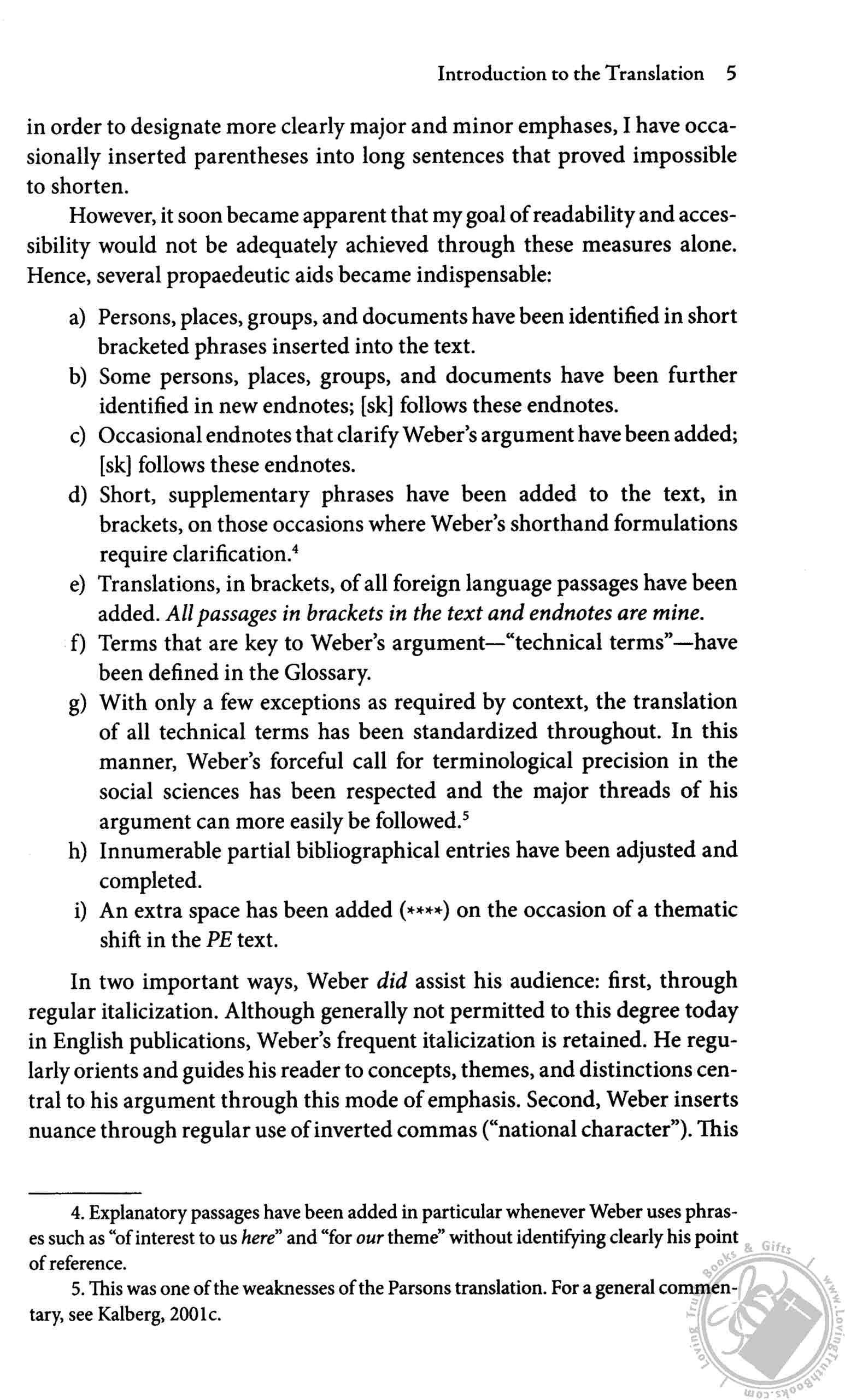

The article describes how people’s practices and behaviors responded to the wave of capitalism. Max examined how people’s thoughts and dispositions changed during time. However, this situation originated from different religious affiliations and conceptions. Throughout the 18th and 19th centuries, different cultural concepts embedded in Christianity became powerful tools towards the establishment of capitalism. The sociologist used the concept of Ascetic Protestantism to investigate the origin and nature of capitalism. At the same time, many people in the West were keen about their cultural, societal, and religious identities. During this time, the world experienced a wave of market-driven capitalism. He used an interpretive approach to study social actions. The author was a proponent of anti-positivism. As Weber observes, the offender would be declassed. At the same time, expulsion from a specific sect especially because of moral offense resulted in economic loss.

Most of the successful businesspeople belonged to certain religious sects or groups. Such qualities were also relevant to different business practices. Religion was the foundation of acceptable moral principles and qualities. A few decades before the period, religion was a powerful factor that made its members recognizable in society. This explains why many people would not do business with a person without any religious or social affiliation. At the time of producing the document, society expected its people to believe in something. Weber’s document reflects the assumptions of its historical context.

How does the document reflect the assumptions of the historical context?


 0 kommentar(er)
0 kommentar(er)
